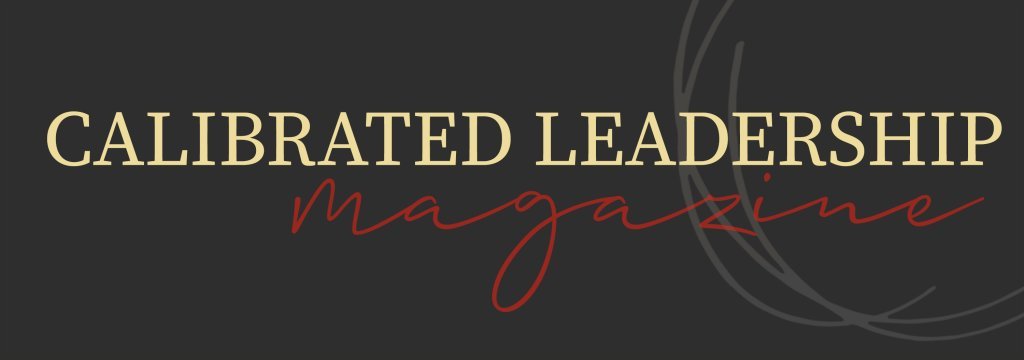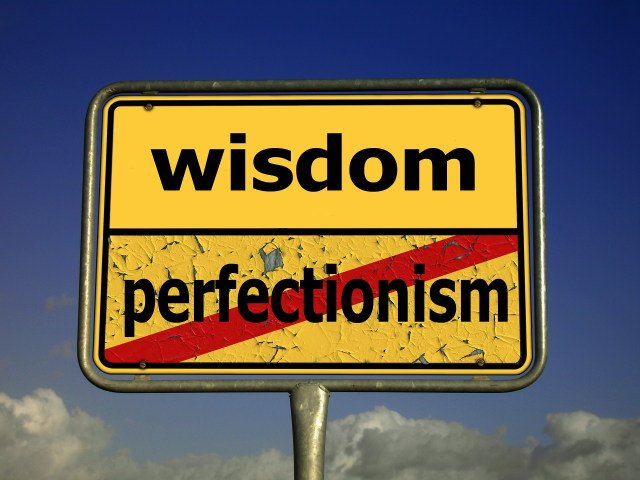
Overcoming Perfectionism: do you need to lower your standards?
- Issue: Fall 2022
- Lifestyle, Personal development
- Written by: Gabriela Manciulea
From one perfectionist to another: I know the pain all too well.
It’s an uphill climb to reach an unattainable standard.
In the worst case, you have some phenomenal ideas, but you never even start working on them because you know that you would rather not do something if it’s not going to be perfect. I mean, it’s better not to do anything than to do it and create a “just so” result, right?
And then there is the other angle: you have a phenomenal idea, it is loud enough that you can’t ignore it. You start working on it. But everything is, oh, so painful. The prepping time before the actual work starts is already draining you. And then the effort you spend on completing the project is exhausting: your attention goes to every little detail, and your energy is eaten up with every step because of the incredible focus on getting everything done to perfection. The worst part is when it hits you: your project never reaches the end zone because you constantly check for flaws; you are always consumed by the need to improve, tweak, and perfect.
Drained. Discouraged. Disappointed.
And this is the imprint that never leaves you. Worse, it becomes an unconscious predicament for the next potential project.
The mainstream advice is to lower your standards.
Yes. But how? Your perfectionist nature screams in terror only when you think about lowering the standards. If you are in good spirits, you might casually say, “yeah, I should probably do that.” But I don’t want to mention your potential thoughts if you are amidst a challenging project.
From one perfectionist to another: there isn’t everything lost. There is hope for sunnier days.
On the surface, perfectionism is about the quality you want to provide and the struggle to reach those standards.
But two layers often go unaddressed:
- The soul and mind searching.
- Defining the parameters.
Think of these two layers as the supporting pillars for perfectionism. Not addressing them keeps perfectionism high and strong. But if you start chiseling them down, piece by piece, you might just reach a point where perfectionism is no longer in charge.
So, how do you start?
The first step is always the most difficult: accept that your way of doing things isn’t working for you anymore. That’s a hard pill to swallow for anyone, I know. But it’s time to decide that a change is in order.
This opens the gate to look at your perfectionism from a different angle and see it as an opportunity for self-discovery instead of a hindrance.

The First Pillar
I know you need everything to be perfect, but have you ever wondered why? What’s showing up for you if you start digging for answers?
Why do you need everything to be perfect? How are the things that are “just so” make you feel? Do you demand perfection only from yourself? What are you afraid of? What does it mean to you to do a “less than” or “just so” work? What are the things you are telling yourself: if everything is not perfect, then what?
These are tough questions to answer. Introspection takes time, but it is essential to understand your need to have everything perfect.
Ask a million questions and then some more. Make it a point to get to the root cause of your need for perfectionism. Otherwise, the struggle will keep you trapped, even if you manage to put some glitter on it.
The Second Pillar
Once you better understand your story of perfectionism, it’s time to take practical steps and set clear parameters.
Look at each project you have ongoing or are ready to start.
Define what a “just so” work looks like for you. Define what perfect looks like in every specific context. Clarify the steps you need to take to get to the level you have defined a perfect and what is the final result that you are aiming for. Give yourself a deadline.
These steps will help you focus your attention and energy on the important things instead of getting bogged down in details.

And finally, learn to let go. Accept that perfect is, first of all, a feeling. Second of all, it is relative. Third, you have the power to change your story.
Strive for excellence and be proud of the work that you have done and you are doing.

Founder and CEO Calibrated Leadership
High Performance & Mindset Coach


